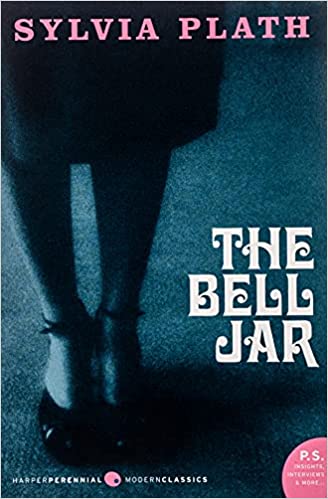Why you should read The Bell Jar by Sylvia Plath
More stories from Mckinna Baird

The Bell Jar, a classic novel by poet, short-story writer, and (you guessed it) novelist Sylvia Plath tells the dark story of a promising young writer fall into a depressive madness.
Of course, the story is not a quick, fun read, but instead a thought-provoking and beautifully articulated journey inside the mind of a brilliant poet.
Now, if you’re not looking for a classic to bring you down, you may wonder what the point would be to reading such a novel.
Of course, the writing is so engaging, and the diction is Plath’s pure, characteristic, and emotional poeticism- making that a reason in and of itself.
Other than the intensely wonderful, simplistic writing, the themes of the book are not only interesting but to many, relatable.
Throughout the descent to insanity, main character Esther deals with being unsure of herself and her future- who and what she wants to be. She finds the work she does at a fashion magazine does not fulfill her, but so many other career options appeal to her.
She dreads making the wrong choice and going through life feeling the way she does while working for the magazine. That is, lethargic, apathetic, and completely unmotivated.
This lack of direction only adds to her fatigued state, and she seems resigned to any fate that falls into her lap. Esther has lost all desire to be the hard worker she had always been as a student.
As someone graduating from high school, I am feeling my own career-related dread. Esther’s musings over various occupations, her romanticizing and then reality checking, reflect my own thoughts at this time of life.
Esther’s acceptance of a romance with someone she is no longer interested in is, I fear, something that many young women may relate to. Esther isn’t the most confident character ever written and seems to feel the need to just take whatever romantic interest comes her way.
This leads to many confused ponderings on her own aversion to marriage and her suitors in general.
This fear of domestic commitment seems like another relatable moment for young women. Even today, marriage can mean giving up a lot of one’s self.
These themes are few among many. Reading this work of Plath’s raw talent can benefit one emotionally and intellectually, by feeling joined with someone in a beginning-of-adult-life-crisis as well as reading a classic writing style, revered by so many English lovers today.
The inner machinations of my mind are an enigma. -Patrick Star























